Situations involving people with disability
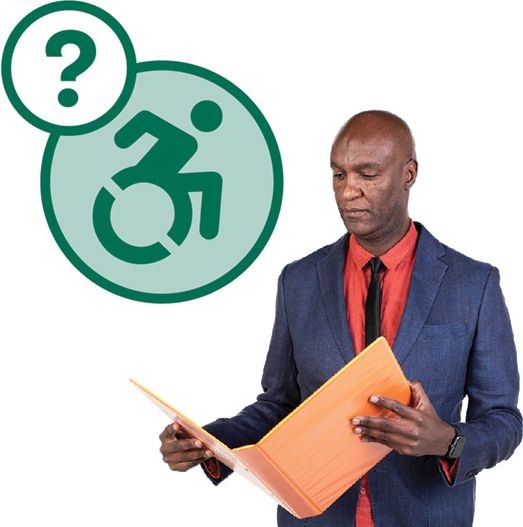
|
The survey also asked people to respond to different situations or stories that involved a person with disability. |
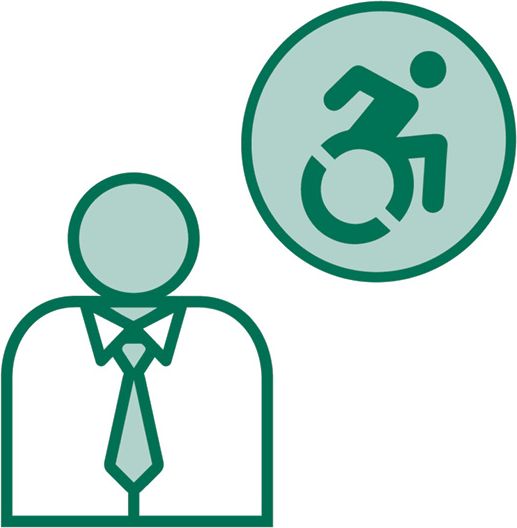
|
For example, the survey asked how people would feel if their employer was a person with disability. |

|
5% of people said they would feel uncomfortable if their employer had a physical disability. |

|
A physical disability affects how someone:
|

|
12% of people said they would feel uncomfortable if their employer had a sensory disability. |

|
A sensory disability can affect how someone:
|

|
21% of people said they would feel uncomfortable if their employer was neurodiverse. |

|
When someone is neurodiverse:
|
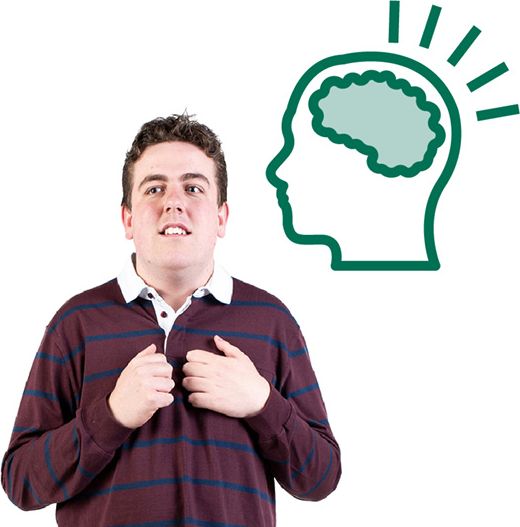
|
A person with Autism is an example of someone who is neurodiverse. |
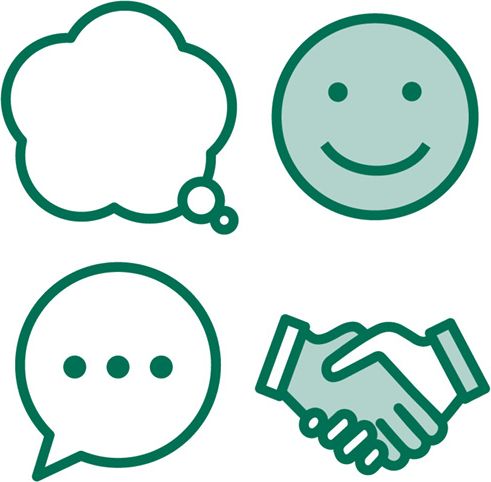
|
Autism is a disability that can affect how you:
|

|
29% of people said they would feel uncomfortable if their employer had an intellectual disability |
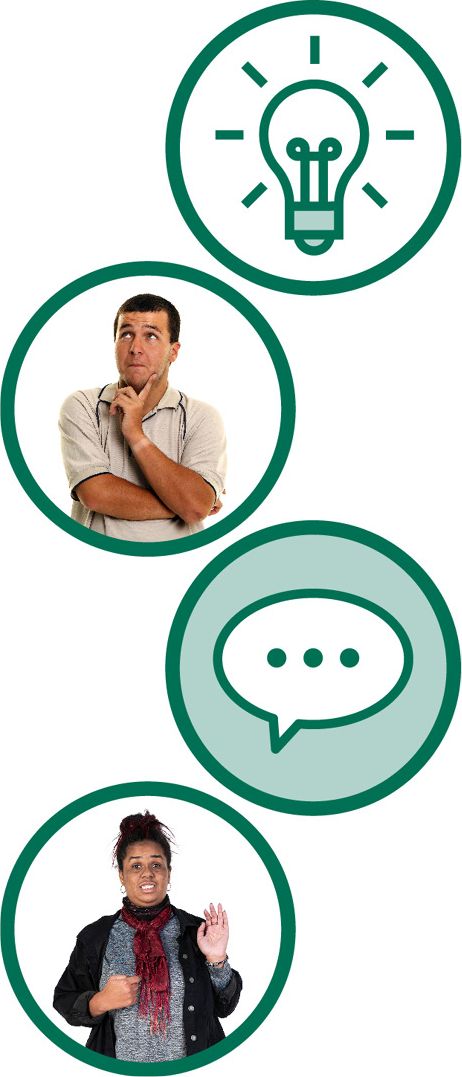
|
An intellectual disability affects how you:
|

|
30% of people who work in law were more likely to feel uncomfortable if their employer had an intellectual disability. |

|
32% of people said they would feel uncomfortable if their employer had a disability that affected their mental health. |

|
The survey asked people who work in health if people with disability should make choices about the care they receive. |

|
Most people agreed that they should. |

|
But some people disagreed. They said people with certain disabilities should not make choices about the care they receive. |
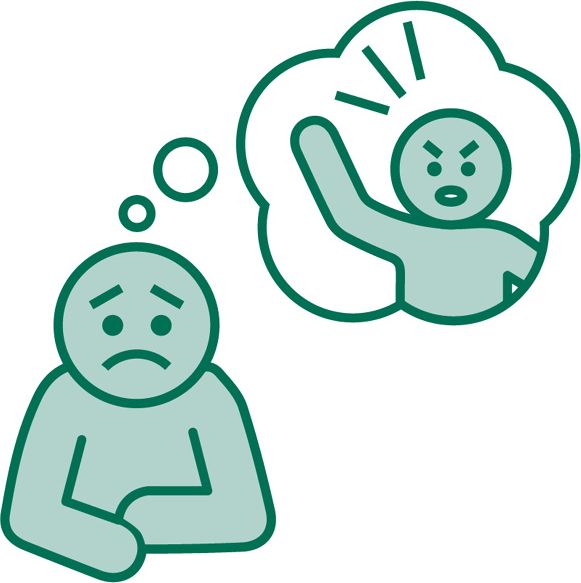
|
The survey asked people who work in law if they believe people with disability when they report abuse. Abuse is when someone treats you badly. |

|
Most people agreed that staff would believe a person with disability. |

|
But we also heard that some people disagreed with this idea. Some people who work in law would not believe people with certain disabilities. |